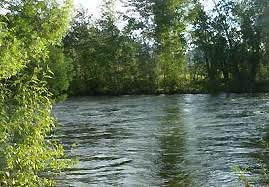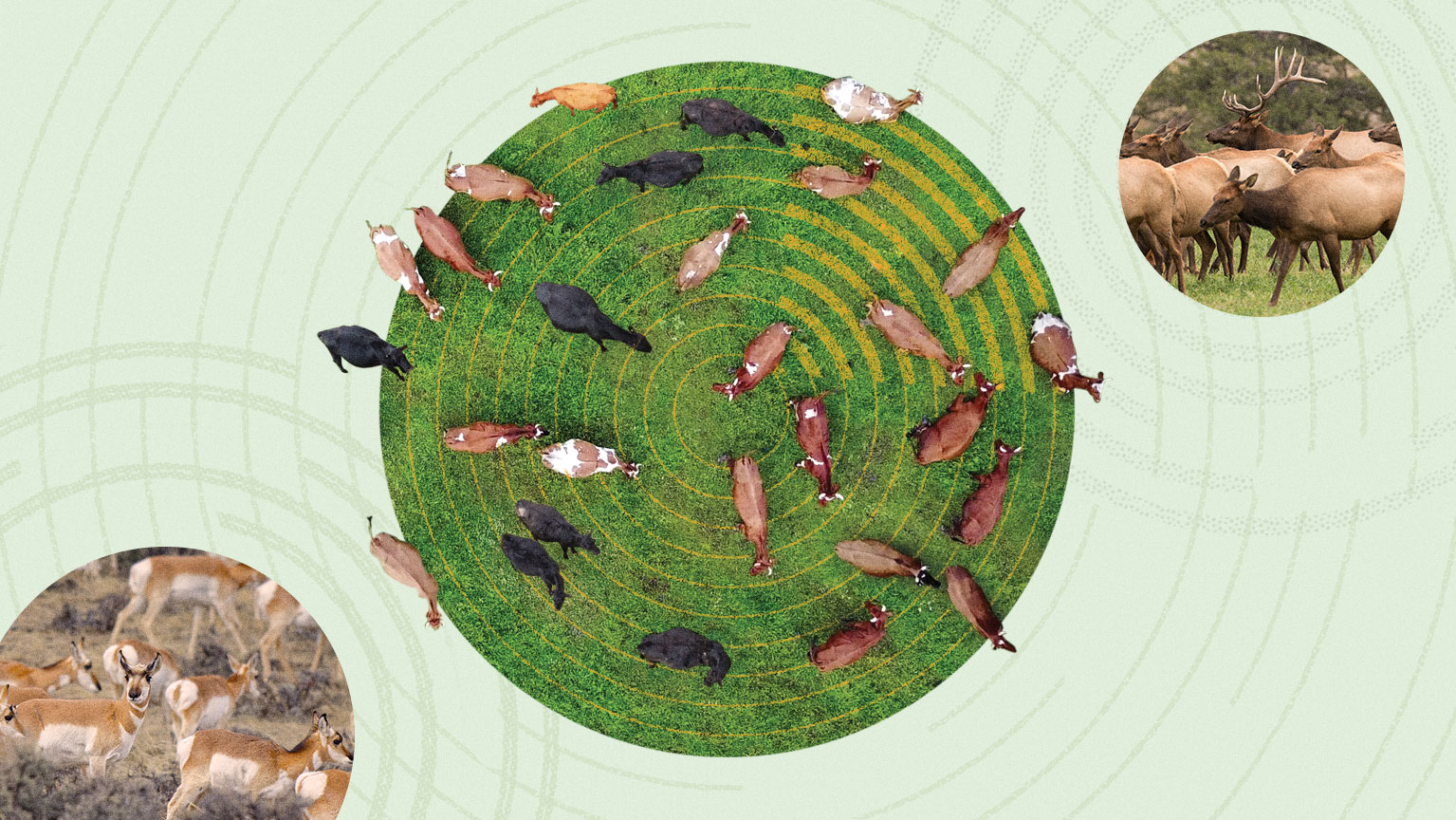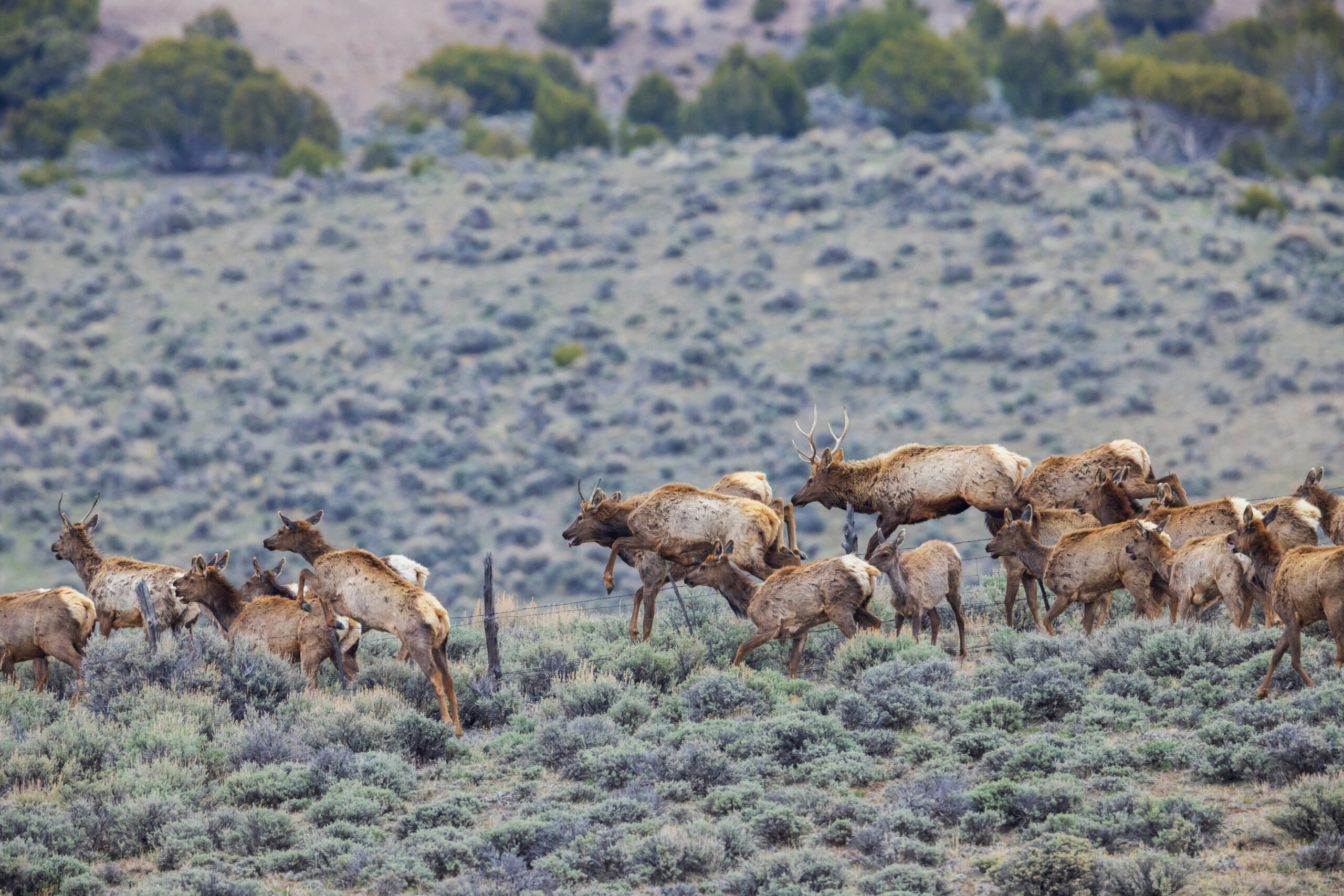By Kylee Perez

This was before he created a company that now helps other companies—including Big Sky—offset its water consumption by buying credits that have put water back into trout streams gone dry.
His Missoula-based company, Lotic, is a water-rights consulting firm that now manages 33 projects in 18 states.
“New opportunities exist that people aren’t looking at,” Corbin said recently. “I just saw a niche in the conservation, environmental and sustainable opportunities that have to do with water that people aren’t recognizing.”
Corbin used his MBA, his bachelor’s degree in water resource management, his experience working as a Project Manager at the Montana Water Trust in Missoula and as a water rights specialist for PBS&J, a North American engineering consultant company, to fill that niche, starting in the winter of 2009.
The company takes an approach to water different from engineering or legal consultants, traditionally the ones involved in these types of conversations, Corbin said. Lotic’s role is to look at water as an asset, just as one might look at a piece of land. Water rights are property rights, meaning anyone who owns a right is allowed to sell it to the highest bidder. But the market is informal and most people don’t really know what their water rights are worth, Corbin said.
Before the real estate market crashed, water rights were valued between $133 per acre-foot and $7,000 per acre-foot, Corbin said. Lotic helps water rights holders figure out the value of their water, which helps them prepare to enter the water market. Clients pay Lotic a consulting fee in return.
Here’s an example of the way it works: Lotic is hired as an “eco-analyst” for timber companies like Conservation Forestry, which works throughout the United States. As part of his analysis, Corbin reviews the company’s water portfolio and locates water they can lease to stream flow programs—programs that purposefully leave water in rivers and streams to support fish and wildlife—or to downstream municipalities.
The leased water benefits the fish and wildlife in streams with low flows, but it also provides an economic benefit for the business, Corbin said.
“If they can lease the water rights, it gets them additional income from that, so it’s a win-win,” Corbin said.
One of Corbin’s first projects was brokering a deal with his former employer and Montana’s largest brewery to help it buy watershed restoration certificates from the Bonneville Environmental Foundation, a Portland nonprofit dedicated to renewable energy development and watershed restoration.
The Bonneville Environmental Foundation, in turn, works with Montana-based Clark Fork Coalition to rehabilitate Prickly Pear Creek near Helena, which used to go dry each year due to too much water being withdrawn. The two groups lease water from farmers, ranchers and other nearby water rights holders, who leave their water in the Prickly Pear Creek. The leases are funded by sales of water restoration certificates. Each certificate costs $1 and is the equivalent of 1,000 gallons of water returned to a dewatered stream–one that no longer has enough water in it to support fish and wildlife throughout the year.
“That’s physical water that is actually in a dewatered trout stream in Montana,” Corbin said. “In Montana, and it’s the same in Colorado and several other Western states, there’s over 4,000 miles of dewatered streams that have been dewatered by man-made diversions. If you stretch all the dewatered streams in Montana end to end, it stretches to Ketchikan, Alaska to Miami, Florida.”
The certificates work much like a carbon offset credit, Corbin said. For the Big Sky Brewing Company, the certificates are a way of offsetting the water-intense brewing process. The approach, said the brewery’s president and co-founder Neal Leathers, aligns nicely with his company’s goal of decreasing its environmental impact when possible. The certificates are also tax-deductible, so there’s a financial benefit for the company.
“As brewers we use a lot of water and beer is made with water, so anything we can do on that water front seemed like a good idea,” Leathers said. “We just do what we can do to go green.”
“I think it’s a great program,” Leathers said. “It’s nice to actually be able to look at what has been a dry creek bed and now there’s water in it and we’re a part of that.”
Published by New West online


